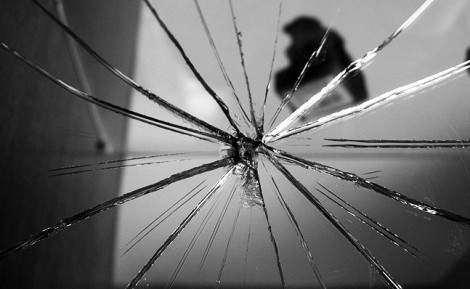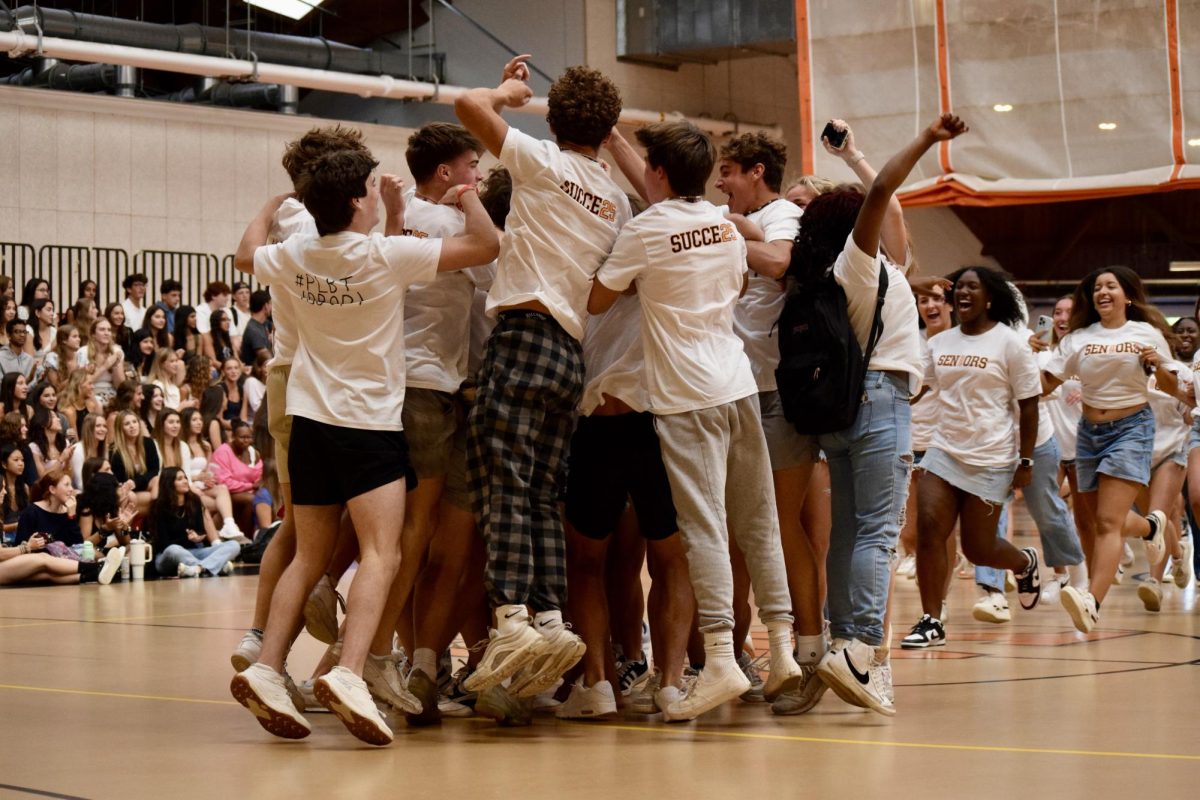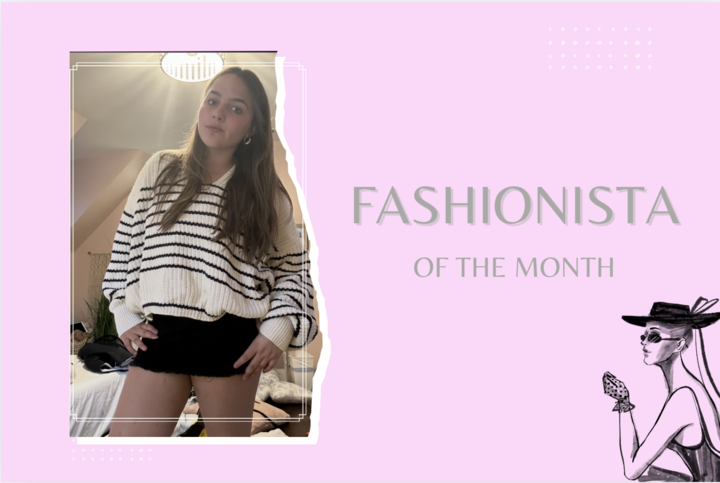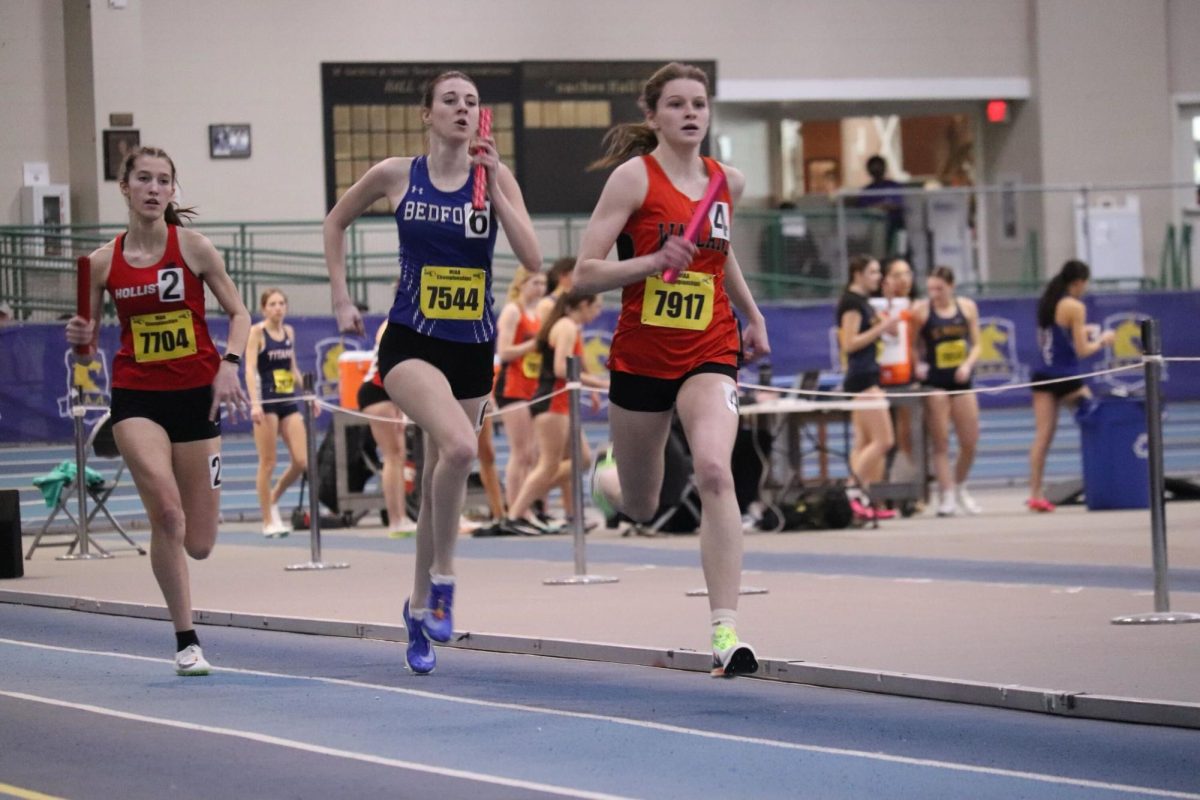
If you’ve set foot in the academic building within the past couple of weeks (and if you haven’t, please consider doing so for your grades’ sake), then you’ve likely noticed the signs posted near the English wing entrance. These signs with quotes directed at WHS students and faculty aim to illustrate the prejudices within our school. After a few adjustments were made to the presentation of these signs, faculty and student reactions prompted faculty to initiate a forum called “Courageous Conversations.” The goal of this forum was to reflect on student attitudes and to discuss how to propel open dialogue about differences. Starting an open discussion on race, gender identity, sexual orientation and general intolerance of anyone different from the majority felt long overdue but nonetheless promising. However, an important contingent was missing.
During the forum, students and faculty brainstormed potential ways to better discuss differences and microaggressions. One observation that stayed with me, however, was that the majority of students who attended and participated in the forum were the ones affected every day by major and microaggressions. Although I predicted this observation before attending, I still wondered how this attendance pattern formed. While it was a packed room, why were there so few white students in attendance?
While I am aware that “Courageous Conversations” is meant to be all-inclusive, and I don’t want to minimize the animosity that students of various sexual orientations or general identity face, the most visible divide among students is based on race.
I could assume that many students did not feel it was their place or position to discuss the characteristics that divide us. To the majority of WHS students, racism may be interpreted as a problem that does not concern or affect them; therefore, why should they have to discuss everyday prejudice and its implications? Some may think, and I’ll admit that I used to think this as well, that this is Wayland, where racism exists solely within books and history classes and is an abstract phenomenon, one that does not occur in our daily interactions. Perhaps it’s “uncool” to care, and passivity supersedes intervention. Or maybe other students don’t feel as if they’re qualified to speak on such in-depth issues when they are unable to even remotely relate to such personal, intimate problems faced by minority students. These justifications for voluntarily excluding oneself from the discussion of race only encourage the ignorant attitudes that prevent us from acknowledging and confronting prejudice.
This displacement of responsibility is as toxic as racism itself. The initial and most crucial step in addressing differences and prejudices is acknowledging that prejudice occurs in our society and it’s in us; it’s the biases we carry. Racism isn’t a topic exclusive to our history classes because, well, it’s not history yet and unfortunately never will be. Nor does it exclusively affect minorities; it affects everyone. Everyone, minority and majority alike, have unconscious biases — the topic of discrimination is for everyone to reflect on. Humans are socially conditioned to have these prejudices. Don’t believe anyone who says otherwise or claims to have zero prejudice. Although exploring biases is uncomfortable, that susceptibility can only be eased if we are open and treat everyone’s opinion as worthy of reflection.
A valuable and thoughtful dialogue can only take place once we openly and sincerely acknowledge that we do exhibit these microaggressions — that we do categorize people, and that it’s just as relevant for the majority and the minority. If we fail to recognize our biases and are dishonest about how we see our identity, minority or majority alike, we are contributing to a shameful school climate.
Choose to recognize your own potential biases; you’ll move us all one step closer to creating a more socially conscious environment.
What do you think about your personal or Wayland High School’s general approach to race? Start the conversation here.
Opinion articles written by staff members represent their personal views. The opinions expressed do not necessarily represent WSPN as a publication.































Student • Apr 1, 2015 at 1:50 PM
Some of these comments, and some things that were said the discussion that we had in advisory, make me really sad. Please do not invalidate the feelings of those who made the posters and the video by claiming that those things were never said or are not racist in any way. If they were offended by it, then something needs to be done and people need to stand up for those who receive these comments. Also, educate yourselves. From my knowledge, the "loud" stereotype has been around for a very long time. Although saying "you're loud" may not be considered racist, one of the posters in the video said "blacks are always so loud" or something similar in wording. These are microaggressions that need to be addressed, not brushed off.
Class of 2014 Alum • Mar 31, 2015 at 12:37 PM
Overall, a very well written piece, but one quote stood out to me: "Humans are socially conditioned to have these prejudices". I don't think that is right, and contemporary social science research seems to back me up. We develop prejudices through what we see and hear about other cultures and develop, sometimes subconsciously, heavy prejudices. To say that people are born with prejudices is incompatible with recent social science research (http://www.mitpressjournals.org/doi/abs/10.1162/jocn_a_00311#.VRovjGYQSMY).
Mia Senechal • Mar 31, 2015 at 2:01 PM
Hi,
I think you misread what I wrote. By "Humans are SOCIALLY conditioned to have these prejudices" I'm saying that no one is born with prejudice–prejudice is created by society, which supports your point when you say, "We develop prejudices through what we see and hear about other cultures and develop, sometimes subconsciously, heavy prejudices."
Anon • Mar 31, 2015 at 7:21 AM
I think most of the posters were good, although some of them I felt were exaggerated. For example, "Is that a weave," or, "I thought you lived in an apartment, not a house." As far as the 2nd goes, if the person lived in Boston, the speaker could have simply been under the impression that most homes in Boston are apartments – as it's a city. As for the first, I don't see how simply asking "is that a weave" is prejudiced in any way shape or form. Although I saw why most of the posters would have been offensive, I think crying "racism" whenever someone says something like "Is that a weave" detracts from actual racist comments or acts.
san • Mar 31, 2015 at 9:11 AM
for the "is that weave" poster, it could be seen as racist, because it's basically implying that black people don't have long, nice, straight. etc hair. It wouldn't sound racist to you because you're not receiving. If you were black and your hair was naturally nice and someone asked you that then it would come off racist.
anon • Mar 31, 2015 at 6:12 PM
"Racism: the belief that all members of each race possess characteristics or abilities specific to that race, especially so as to distinguish it as inferior or superior to another race or races."
How in any way shape or form is that racist?
san • Apr 2, 2015 at 3:13 AM
I mean, you just said it yourself, "all members of each race possess characteristics" So basically is you're asking an african american if their hair is weave you're implying that black people don't have nice hair OR all black people wear weave.
Anon • Apr 4, 2015 at 3:16 PM
I doubt the person asking thought that having a weave made the person inferior. Don't cherry pick the definition.
... • Mar 31, 2015 at 12:38 PM
I agree with you entirely. Also, how is saying "You are loud!" racist in any possible way?
TACHI • Apr 1, 2015 at 2:41 PM
I acknowledge your opinion; however, I don’t understand what you mean by “exaggerated”. You have to understand that just because YOU don’t find it offense or that the INTENT was not to be racist, doesn’t mean that the IMPACT wasn’t taken in an offensive way. It’s not okay to say, “they didn’t mean it life that”, or “its just a joke” because it tells the person who experienced that comment that they don’t have the right to feel the way they do, or that their feelings are wrong.
Not all forms of racism are going to be slurs or acts of blatant discrimination. When you get older and take the Psych/Race/Crime course, hopefully you will learn about the different types of racism that most people face. These posters point out a term called,”Aversive Racism” or as we learned in advisory, “microaggressions”.
Anon • Apr 4, 2015 at 3:19 PM
But that's the problem. It's not racist. In order for it to have been racist, the person would have said, "Is that a weave? If you're black and you have a weave, then you're trash." THAT would be racist. But simply asking if your hair is considered to be a specific hairstyle, does not make you racist or even prejudice.
John • Mar 30, 2015 at 5:42 PM
This article is strangely familiar to the last opinion article about the posters (discrimination). The last one was published not that long ago, and they have similar opinions on the same issue.